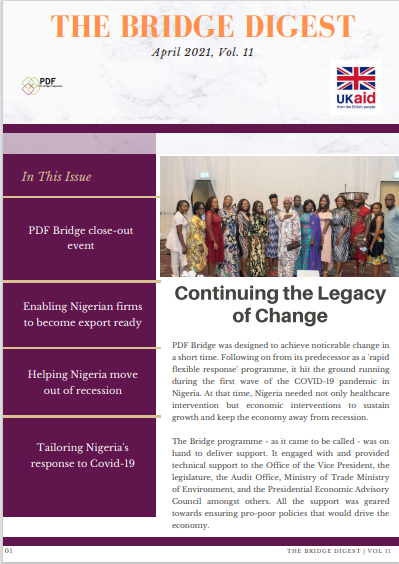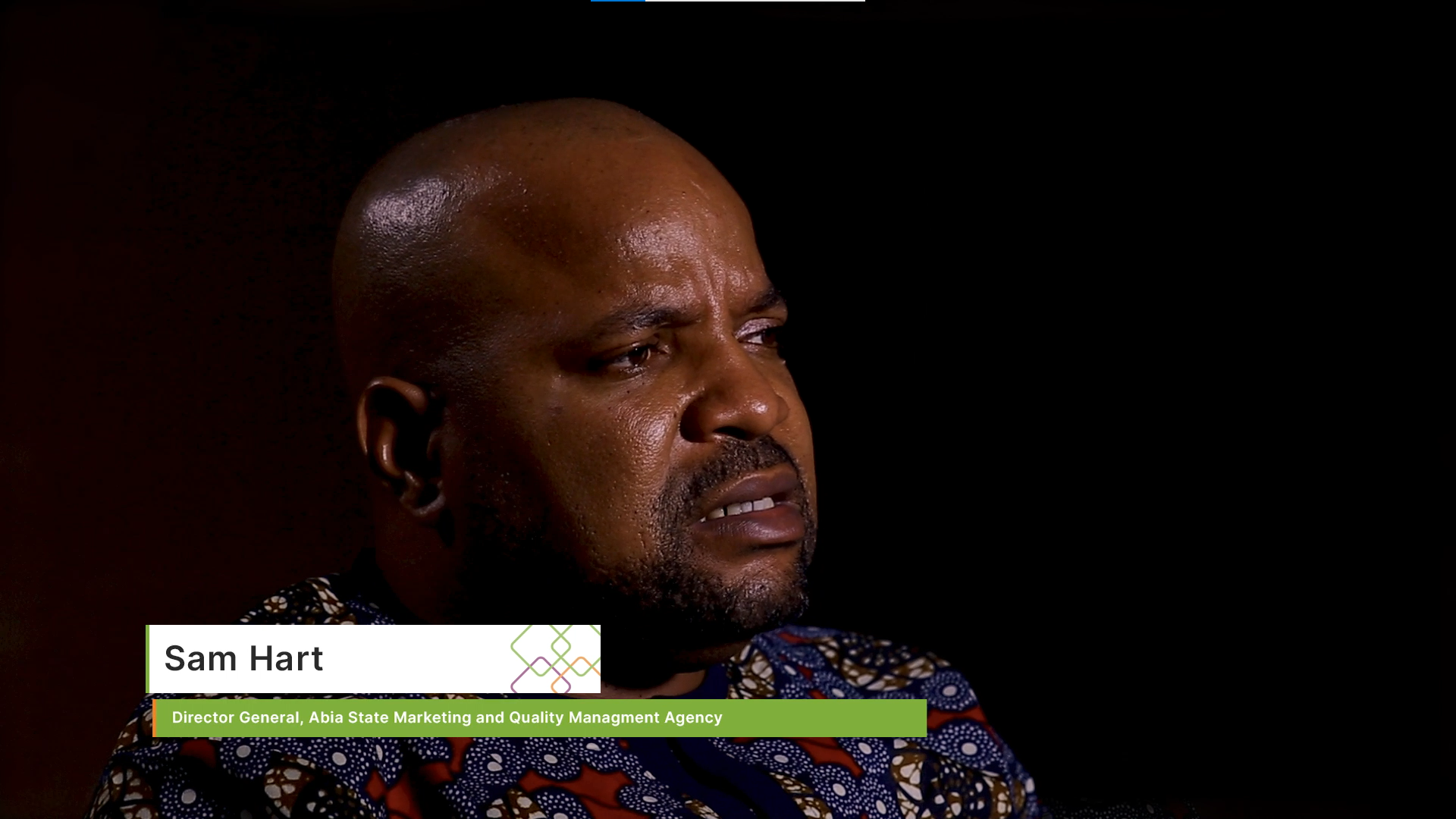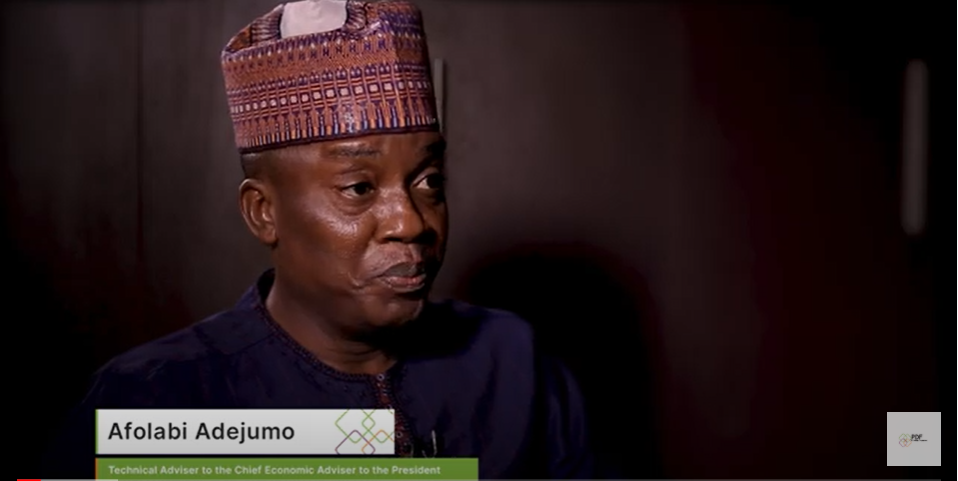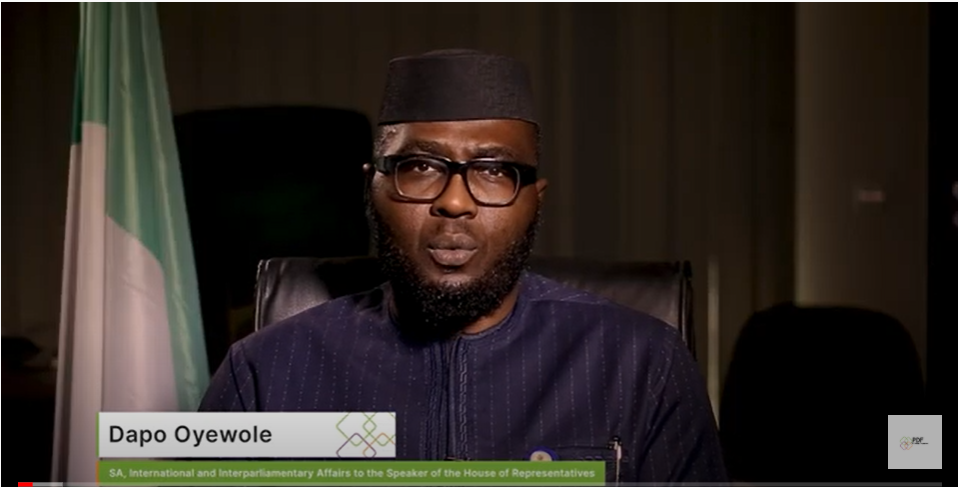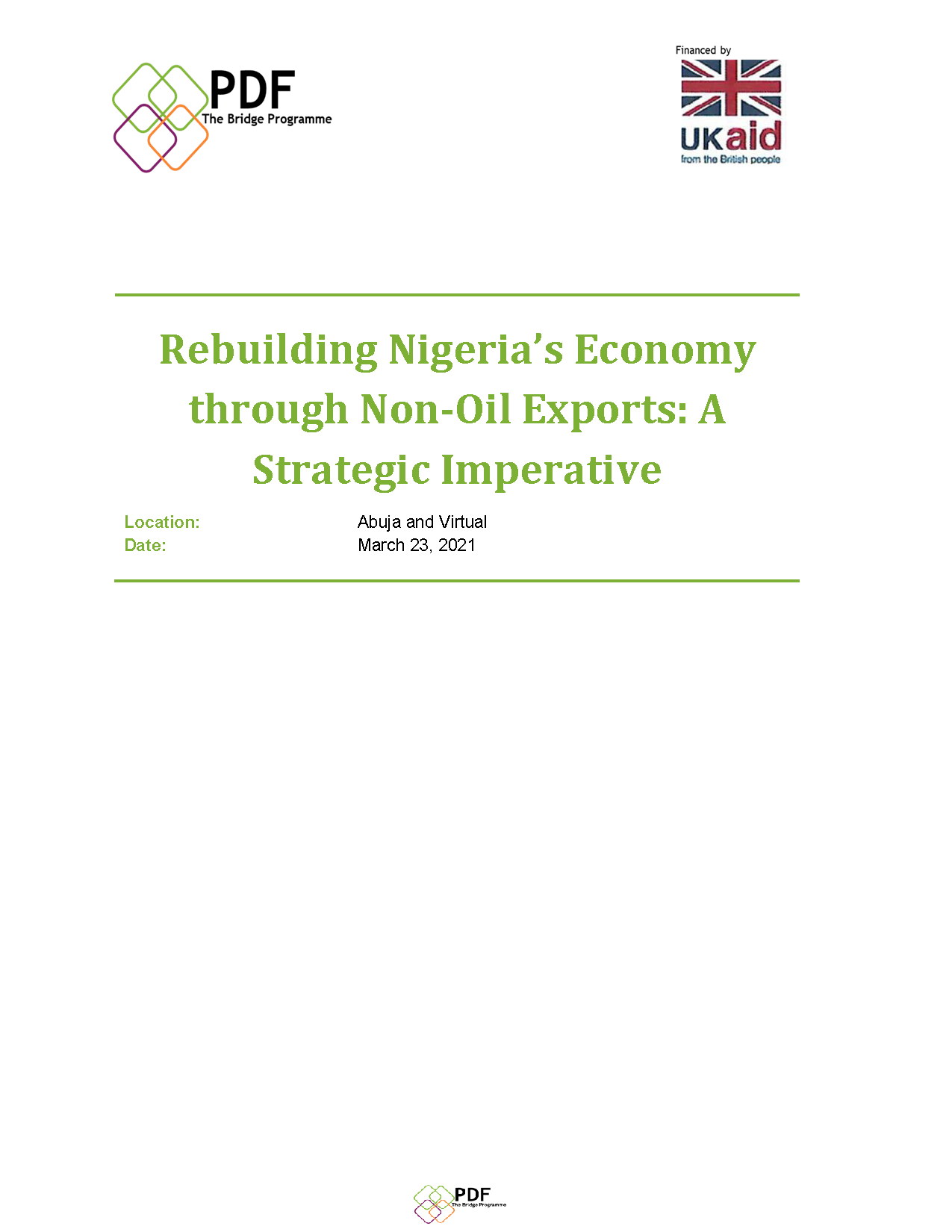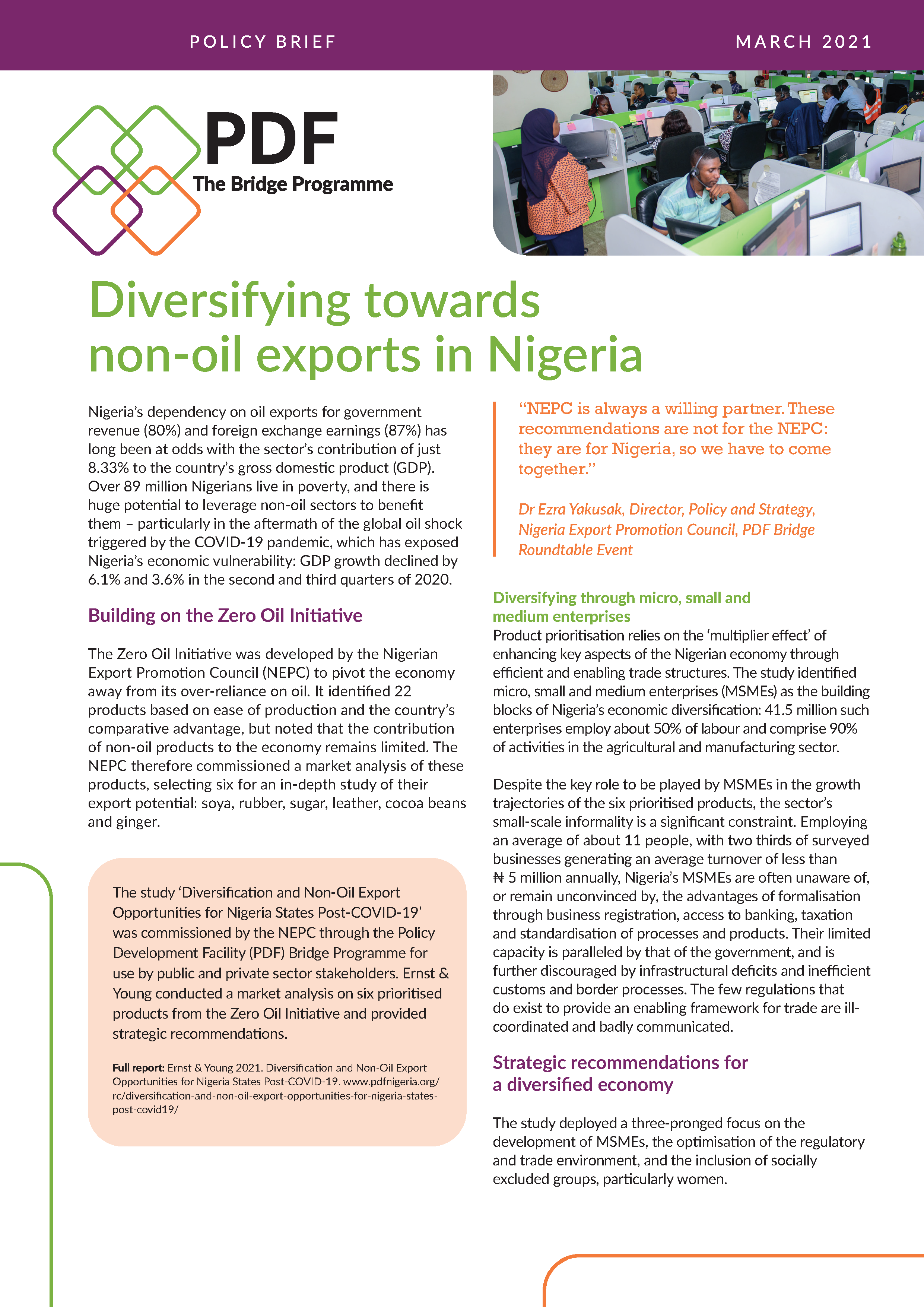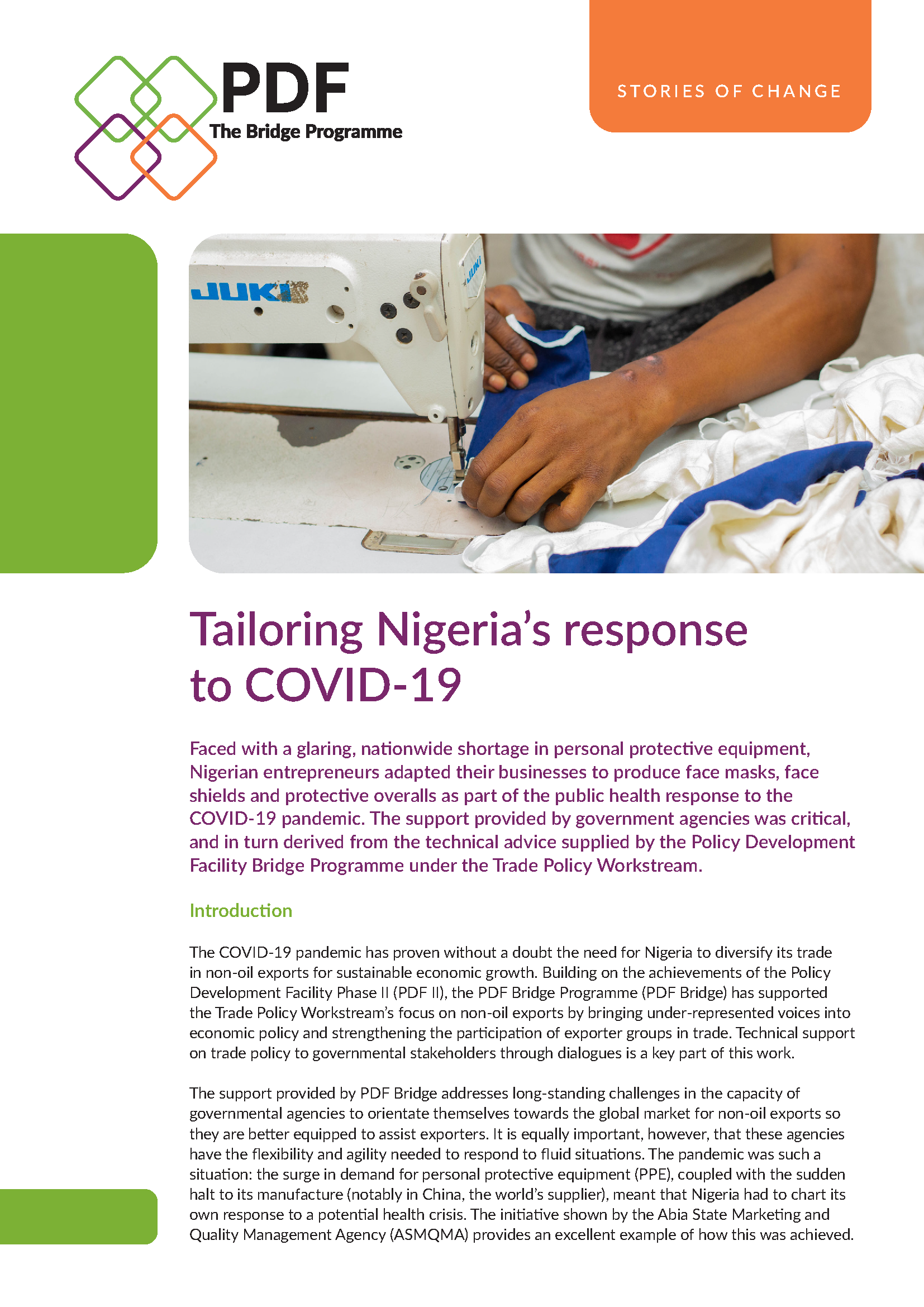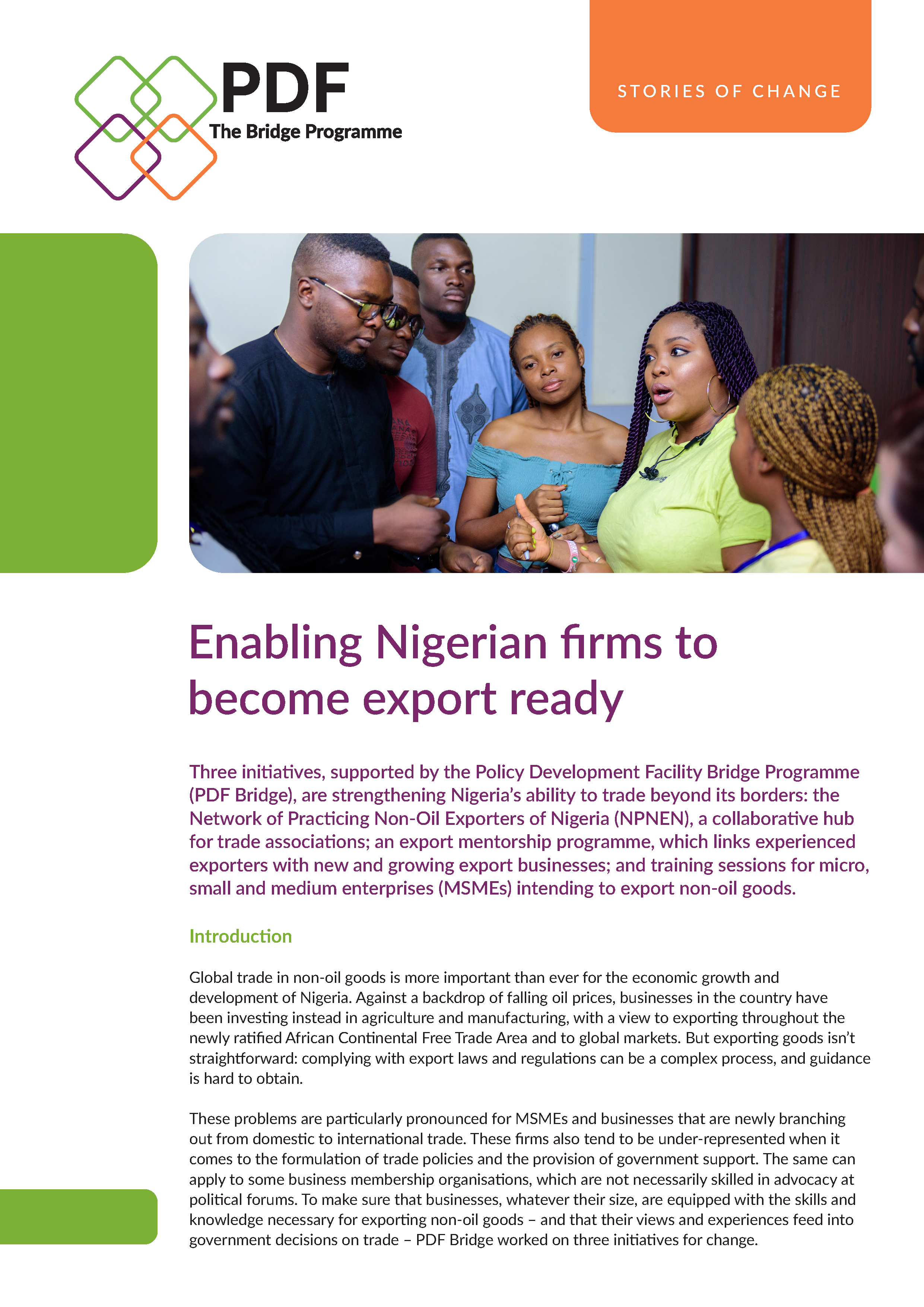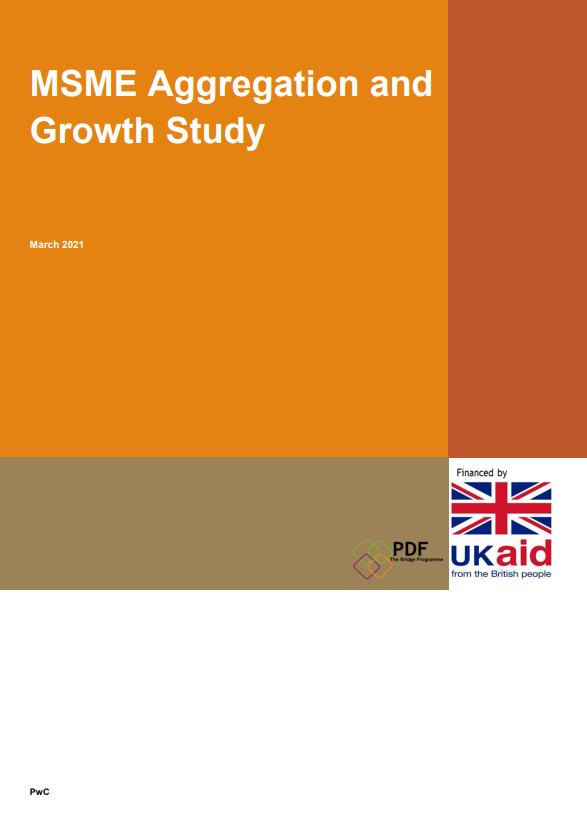PDF Bridge Final Newsletter – Eleventh Edition
It is our final newsletter for the PDF Bridge programme and we would like to say a massive thank you to every one of you for being critical stakeholders. Read on as we share our success stories and highlight our triumphs in the last one year.

